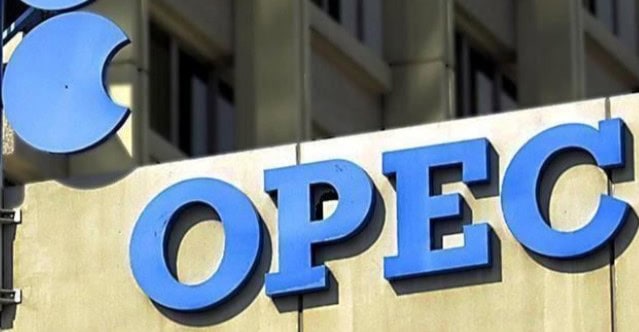
Saudi Arabia shocked the oil market on Friday, with its energy minister Prince Abdulaziz bin Salman pledging to voluntarily cut even more oil production than its new quota, according to S&P Global Platts.
Under the existing oil production quota, Saudi Arabia had agreed to keep production under 10.311 million bpd—a cut of 322,000 bpd. But on Friday, OPEC divvied out an additional 372,000 bpd of cuts to its members, with Saudi Arabia’s new production cap coming in at 10.145 million bpd—an additional cut of 166,000 bpd.
But Saudi Arabia is planning to do more than even that—planning to keep its production at or below 9.744 million bpd. For reference, Saudi Arabia’s production for October was 9.890 million bpd, so this new voluntary pledge to cut even more than the group had asked it to is even more of a reduction.
If all members, including the non-OPEC side which must cut an additional 131,000 bpd, stick to their new production quotas including Saudi Arabia’s voluntary cuts, it would mean a total of 2.1 million bpd in restrictive oil production.
The fact that Saudi Arabia was willing to shoulder even deeper cuts than it was asked to is telling of the position of the Kingdom, who has long carried the production cut deal nearly singlehandedly, motivated by its upcoming Aramco IPO, which depends significantly on oil prices.
As additional motive for Saudi Arabia and the cartel to agree on a deeper production quota despite losing market share by doing so is the expectations of depressed demand growth going forward, which is expected to continue to weigh on oil prices without additional supply restrictions.
The news of an OPEC win and the Saudi Surprise has already started to lift oil prices, with WTI and Brent up roughly 1.3% and 1.6% respectively by 2:15pm EST.
